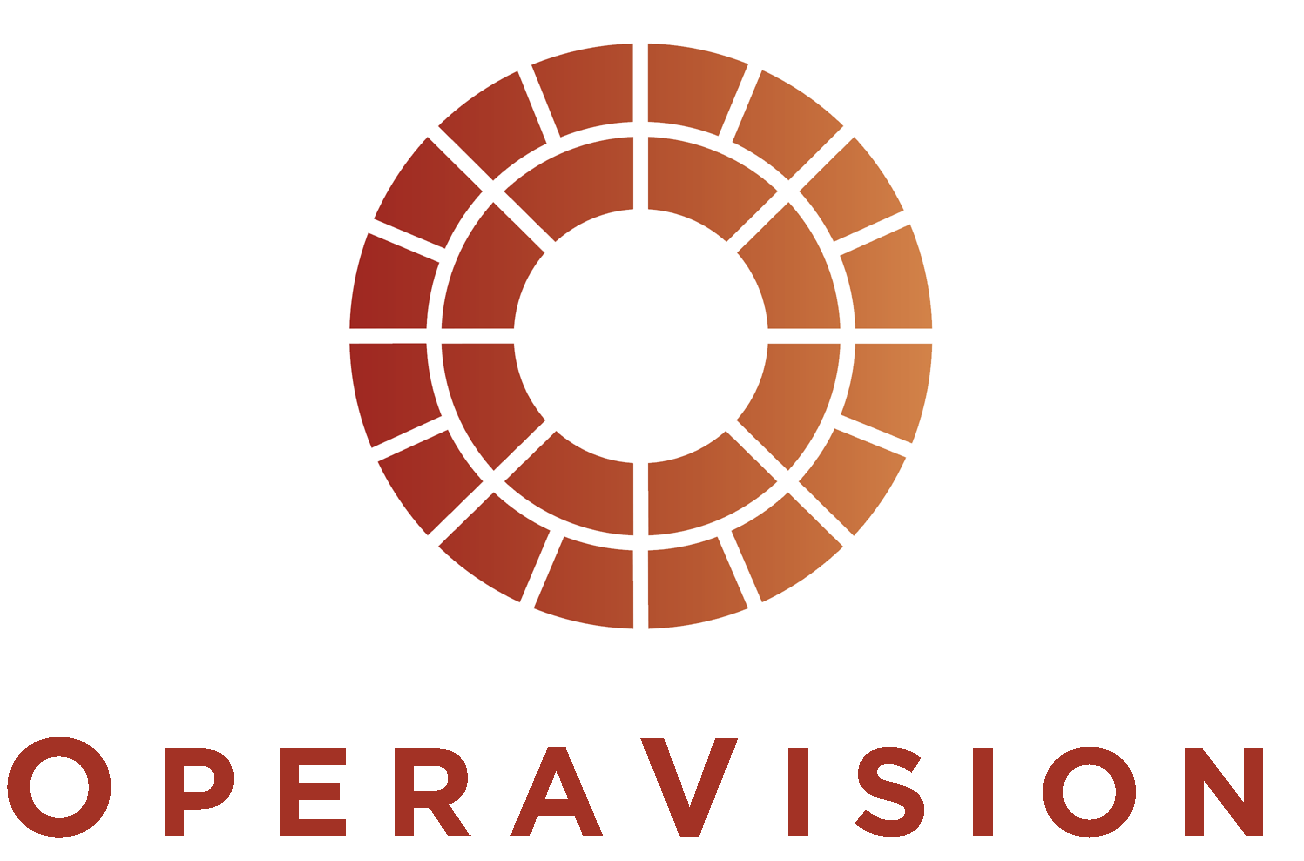At the forum, it was fascinating to see which topics the staff members of the opera houses' technical departments (who made up around half of the participants) are currently dealing with and at which level they are doing so. These include topics such as live subtitling, microphone issues, but also the use of digital tools for marketing, social media, virtual reality, 3D and interactive opera productions.
At the very last plenary session, Matt Parkin from Royal College of Music in London, presented a 2015 Albert Herring staging, which was this college's contribution to the Opera Vision Higher Education strand. Furthermore, it was exciting to see how the digital opera is progressing and to take a look behind the scenes. Independently from each other, Matt Parkin and Stefan Gies reported on the latest trends at the digital music HEI and its digital opera class, the growing importance of social media and systems that allow online ensemble playing and online lessons, such as LOLA.
Most representatives of opera houses were surprised and seemed little informed of what is going on in the HMEIs in this regard. After all, there is a great deal of interest. Still, the opera houses expressed, for understandable reasons, the wish that the opera world's rapidly changing occupational reality may be reflected even stronger and quicker in the curricula of vocal and orchestral music students.






